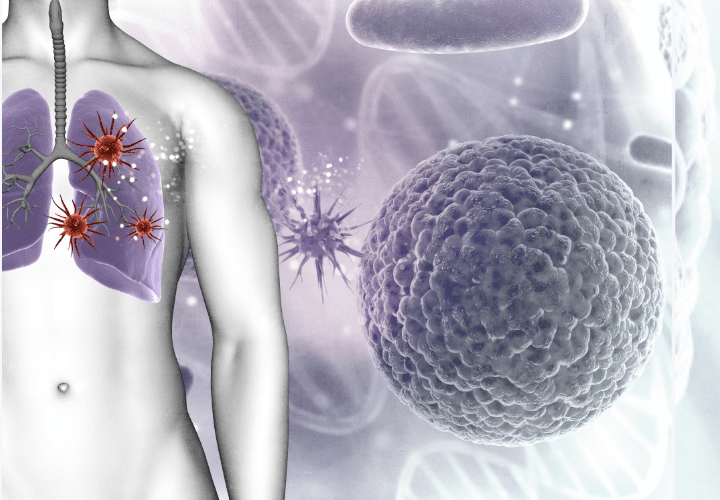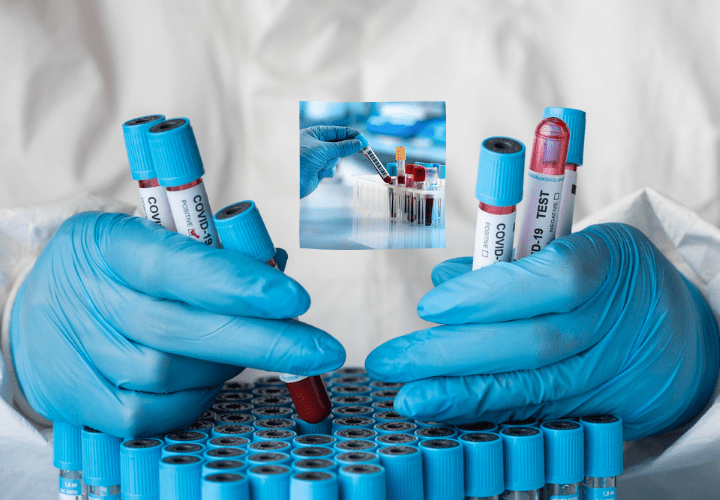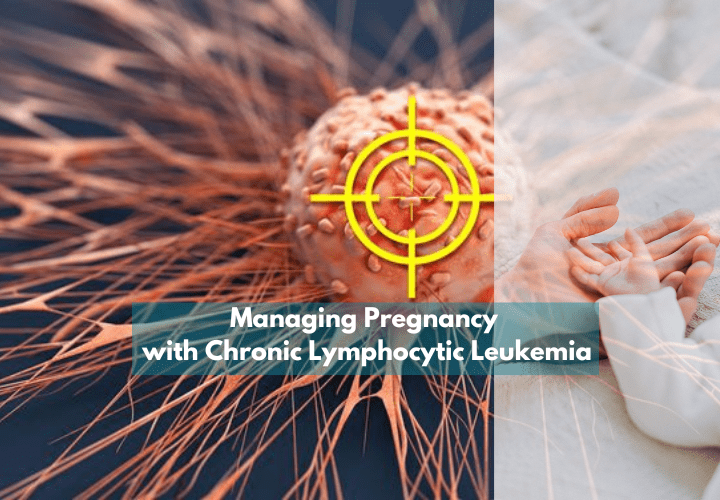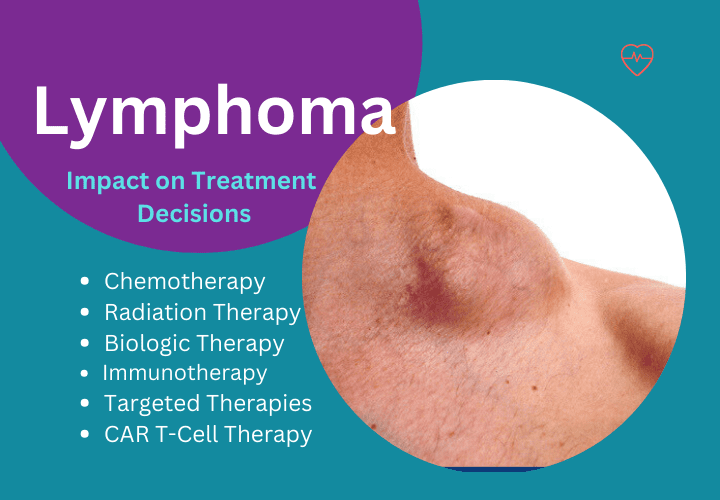If lung cancer is taking your breath away, consider pulmonary rehabilitation

If lung cancer is taking your breath away, consider pulmonary rehabilitation
- onco
- May 29, 2023
Lung cancer is a serious medical condition that can take a toll on an individual’s physical, emotional, and mental health. One of the most common symptoms of lung cancer is shortness of breath, which can make it challenging to carry out everyday activities like walking, climbing stairs, or even talking. It can significantly impact an individual’s quality of life and ability to function normally.
If you are struggling with shortness of breath due to lung cancer, pulmonary rehabilitation may be a useful tool to help you manage your symptoms and improve your overall health and well-being. Anyone with lung cancer can get palliative care that focuses on improving the patient’s quality of life by managing symptoms such as pain, shortness of breath, and fatigue and providing dynamic and spiritual consent for the patient and their family. It can be provided alongside curative treatments or as the main approach for patients with advanced or incurable lung cancer. So here in this blog, we will explore what pulmonary rehabilitation are, its benefits for lung cancer patients, and how it works.
What is pulmonary rehabilitation?
Pulmonary rehabilitation is a program that is designed to help individuals with lung disease improve their breathing and overall physical function. It typically involves a combination of exercise, breathing techniques, and education to help individuals learn how to manage their symptoms and improve their quality of life.
Pulmonary rehabilitation programs are typically run by a team of healthcare professionals, including respiratory therapists, physical therapists, and other healthcare providers with specialized training in the management of lung disease. These professionals work together to develop an individualized treatment plan for each patient based on their unique needs and health status.
What are the benefits of pulmonary rehabilitation for lung cancer patients?
For individuals with lung cancer, pulmonary rehabilitation can be an essential tool in helping them manage their symptoms and improve their overall health and well-being. Here are some of the critical benefits of pulmonary rehabilitation for lung cancer patients:
- Improved breathing: One of the most significant benefits of pulmonary rehabilitation is that it can help individuals with lung cancer improve their breathing. By teaching individuals how to breathe more effectively and efficiently, pulmonary rehabilitation can help reduce shortness of breath, increase lung capacity, and improve overall respiratory function.
- Increased physical activity: Individuals with lung cancer often experience fatigue and weakness, making it difficult to engage in physical activity. Pulmonary rehabilitation can help individuals gradually build up their strength and endurance, allowing them to engage in more physical activity and improve their overall fitness level.
- Enhanced quality of life: Lung cancer can significantly impact an individual’s quality of life, affecting their ability to carry out everyday activities and enjoy their hobbies and interests. By improving breathing and physical function, pulmonary rehabilitation can help individuals regain their independence and improve their overall quality of life.
- Reduced anxiety and depression: Lung cancer can be a challenging diagnosis to cope with, and many individuals experience anxiety and depression as a result. Pulmonary rehabilitation can help individuals feel more in control of their symptoms and provide a sense of empowerment, which can reduce anxiety and depression.
- Better management of symptoms: Pulmonary rehabilitation can help individuals with lung cancer learn how to manage their symptoms effectively, reducing the need for hospitalization and other medical interventions.
How does pulmonary rehabilitation work?
People with chronic lung disorders like chronic obstructive pulmonary disease (COPD), asthma, and pulmonary fibrosis can benefit from a program called pulmonary rehabilitation that combines exercise, education and support. The goal of pulmonary rehabilitation is to help people with lung disease improve their ability to breathe and live more active lives.
Here are some ways that pulmonary rehabilitation works:
- Exercise training: Pulmonary rehabilitation programs typically include exercise training, which can improve lung function, increase endurance, and reduce shortness of breath. Exercise may include walking, cycling, or other activities that are tailored to the individual’s needs and abilities.
- Breathing exercises: Pulmonary rehabilitation also includes breathing exercises that can help people with lung disease improve their breathing techniques and reduce shortness of breath.
- Education: Education is a critical component of pulmonary rehabilitation. Patients learn about their lung disease, how to manage symptoms, and how to use medications and oxygen therapy effectively. They may also receive nutritional counselling and learn how to conserve energy during daily activities.
- Psychological support: Living with a chronic lung disease can be challenging, and pulmonary rehabilitation programs often include psychological support to help patients cope with the emotional and social impacts of their condition.
- Monitoring and follow-up: Pulmonary rehabilitation programs typically include ongoing monitoring and follow-up to ensure that patients continue to make progress and maintain their gains in lung function and physical activity. This may include regular check-ins with healthcare providers and additional support as needed.
If you or a loved one is living with lung cancer and experiencing difficulty breathing, pulmonary rehabilitation may be an effective treatment option to consider. By addressing the physical and emotional challenges associated with lung cancer, pulmonary rehabilitation can help improve lung function, increase physical activity and exercise tolerance, and improve the overall quality of life. So if you want to learn more about pulmonary rehabilitation and whether it is right for you or not, you can consult Oncoplus, a premier cancer hospital in Delhi. We offer the finest lung cancer treatment with state-of-the-art facilities and a team of experienced oncologists. We provide personalized treatment plans using the latest technology and techniques, including chemotherapy, radiation therapy, and targeted therapy. With a patient-centric approach and a focus on holistic care, Oncoplus is the ideal choice for anyone seeking top-notch lung cancer treatment.
Recent Posts
-
Managing Pregnancy with Chronic Lymphocytic Leukemia
April 30, 2024
-
Signs of Stomach Cancer: Diagnosis and Treatment
April 18, 2024





Leave a Reply